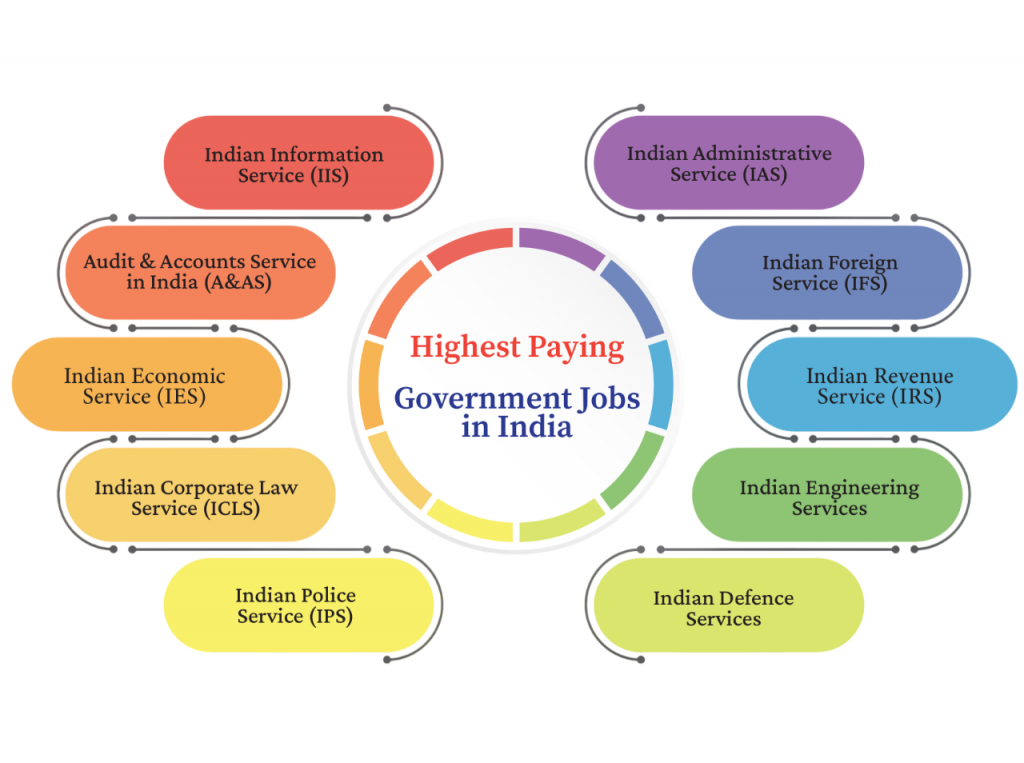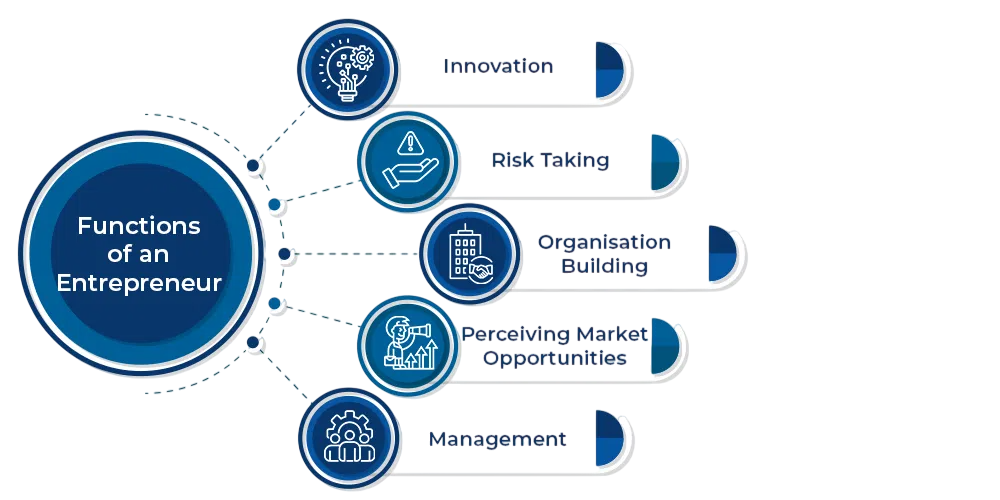
- Introduction
- Higher Studies
- Government Sector Jobs
- Private Sector Jobs
- Emerging Tech Careers
- Entrepreneurship
- Freelancing and Remote Work
- Certifications and Skill Development Courses
- Startups and Innovation Hubs
- Conclusion
Introduction
Completing a B.Tech degree is a significant milestone in one’s academic journey. However, it often comes with a new challenge: deciding what to do next. While some graduates have a clear plan, many feel uncertain about their future. With a wide range of career paths, including further education, job opportunities, entrepreneurship, and more, making an informed decision becomes crucial. This comprehensive guide Placement and Softskills Training delves into the diverse and exciting options available for engineering graduates, helping them explore, evaluate, and choose the best path forward.
Higher Studies
Higher education remains one of the most preferred choices among engineering graduates. It helps in acquiring specialized knowledge, improving job prospects, and often leads to better-paying roles.
- M.Tech/MS: Pursuing a Master of Technology (M.Tech) or Master of Science (MS) is an excellent choice for those who want to deepen their expertise in a specific engineering discipline.
- MBA: Engineers with an interest in business, management, or leadership roles can pursue an MBA. It equips them with essential business skills and opens doors to roles like Product Manager, Business Analyst, and Consultant.
- Study Abroad: Studying abroad not only provides academic advancement but also enhances personal and professional growth. It allows students to work with international teams, access better research facilities, and build global networks.
To Explore Soft Skill in Depth, Check Out Our Comprehensive Soft Skill Certification Training To Gain Insights From Our Experts!
Government Sector Jobs
Government jobs are known for their stability, prestige, and societal impact. Several competitive exams provide access to prestigious roles.
- UPSC Civil Services: The Civil Services Examination by UPSC offers roles such as IAS, IPS, and IFS. These positions allow you to directly contribute to nation-building and governance.
- Indian Engineering Services (IES): The IES exam opens doors to elite engineering positions in various government departments like Indian Railways, Military Engineering Services, and Central Public Works Department.
- PSUs through GATE: Many PSUs recruit engineers directly based on their GATE scores. These jobs offer high salaries, benefits like healthcare and housing, and opportunities for professional development. Companies such as ISRO, DRDO, and BARC also recruit engineers through specialized exams.
- Core Engineering Jobs: Core companies hire engineers for roles in design, manufacturing, quality control, and R&D. Branch-specific roles include civil engineers working on infrastructure projects, mechanical engineers in the automobile or aerospace industries, and electrical engineers in power plants and control systems.
- IT and Software Jobs: Due to the booming IT industry, many engineers from various streams switch to software and tech roles. With short-term training or bootcamps in coding, web development, or mobile app development, engineers can land jobs in global tech companies.
- Data Science and Analytics: Data-driven decision-making is critical in today’s business world. Engineers with a knack for statistics and programming can become data scientists or analysts.
- Artificial Intelligence & Machine Learning: AI and ML are at the forefront of innovation, transforming industries with intelligent systems. From virtual assistants and chatbots to self-driving cars, the applications are vast.
- Cybersecurity: Cybersecurity has become a priority for organizations to protect data and systems. Ethical hackers, security analysts, and compliance experts are in high demand.
- Blockchain: Initially known for cryptocurrency, blockchain is now widely used in supply chain management, healthcare, finance, and identity verification. Engineers can build careers in blockchain development, smart contracts, and blockchain consulting.
- Cloud Computing (AWS, Google Cloud)
- DevOps and Agile Methodologies
- Machine Learning and Data Science
- Cybersecurity and Ethical Hacking
- Soft Skills and Communication

Are You Interested in Learning More About Soft Skill ? Sign Up For Our Soft Skill Certification Training Today!
Private Sector Jobs
Private companies, especially MNCs, offer dynamic career paths, rapid career progression, and competitive compensation.
Advanced Employee Development Techniques
The tech industry is evolving rapidly, giving rise to exciting new roles and sectors.
Entrepreneurship
Starting your own business can be one of the most rewarding and challenging post-B.Tech options. Engineering graduates who spot a market gap can develop innovative products or services. With support from startup incubators, government grants, and a growing ecosystem, young entrepreneurs have a better shot at success than ever before. Real-life success stories like Ola, Paytm, and Flipkart continue to inspire aspiring founders. Entrepreneurship is the process of identifying opportunities, Softskills Training creating innovative solutions, and building ventures that bring ideas to life.

It involves taking calculated risks, managing resources efficiently, and driving growth through creativity and determination. Entrepreneurs play a vital role in shaping economies by generating employment, fostering innovation, and introducing new products or services that improve everyday life.
Are You Considering Pursuing a Master’s Degree in Soft Skill? Enroll in the Soft Skill Masters Program Training Course Today!
Freelancing and Remote Work
The digital revolution has made freelancing a sustainable career choice. Engineers can offer services in software development, UI/UX design, content creation, and more. Building a personal brand, maintaining a strong portfolio, and consistently delivering quality work are keys to a successful freelancing career. Remote work allows professionals to work with clients worldwide from the comfort of their homes. Freelancing and Remote Work have transformed the modern professional landscape, offering flexibility, independence, and global opportunities. Freelancers work on diverse projects across industries, leveraging skills in writing, design, programming, marketing, and more. Remote work allows professionals to perform their roles from anywhere, supported by digital tools that enable communication and collaboration. Both models promote work-life balance and autonomy while connecting talent with international clients and organizations.
Certifications and Skill Development Courses
Beyond traditional degrees, certifications help engineers stay current and competitive. Platforms like Coursera, edX, LinkedIn Learning, and NPTEL offer courses in:
These short-term programs improve employability and can often lead to better salaries or promotions.
Are You Preparing for Soft Skill Jobs? Check Out ACTE’s Soft Skill Interview Questions & Answer to Boost Your Preparation!
Startups and Innovation Hubs
Startups offer an environment that encourages innovation, agility, and rapid growth. Engineers working in startups are exposed to multiple functions—from coding and design to marketing and customer support. Being part of a startup can accelerate your learning and help you build a versatile skill set. Startup hubs like Bengaluru, Hyderabad, and Gurugram host thousands of startups and provide networking events, funding opportunities, and mentorship programs.
Conclusion
The world after B.Tech is full of possibilities. Whether you decide to pursue higher studies, take a job in a reputed company, build your startup, or work remotely, each path offers unique experiences and learning. Success lies in being proactive, continuously upgrading your skills, Softskills Training and choosing a path that aligns with your passion and goals. With curiosity, effort, and adaptability, you can shape a rewarding and impactful career after engineering.





